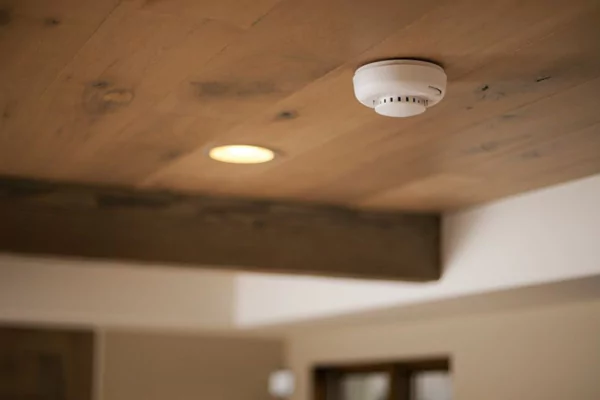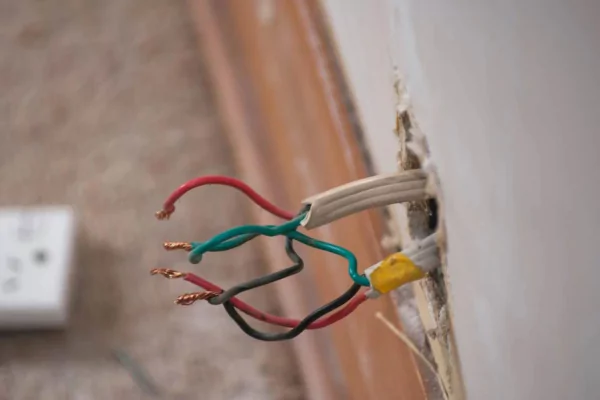Fire damage is one of the most devastating events that can occur in any home, often resulting in significant loss and emotional trauma. While some fires are unavoidable, many can be prevented with the right precautions and safety measures.
In this blog, we will explore some practical tips to help prevent fire damage in your home so that you can protect your property and loved ones from the threat of fire.
6 Ways to Prevent Fire Damage in your Home
1. Avoid Smoking in Home
Cigarettes, cigars, and other smoking materials are one of the leading causes of home fires. A cigarette that isn’t fully extinguished can easily ignite furniture, carpets, or other flammable materials. In fact, even a small ember can cause a fire that spreads rapidly, which can lead to significant damage.
Above all, fires caused by smoking materials often go unnoticed until they have already spread. This reduces the amount of time occupants have to escape, increasing the risk of injury or death.
2. Install Smoke Alarms

Smoke alarms (as the name itself suggests) are designed to detect smoke and fire at the earliest stages. This early warning gives you and your family precious time to react, whether it’s to extinguish a small fire before it spreads out or to safely evacuate the premises.
If the fire is quickly detected, emergency services can be alerted faster. This early intervention can prevent a small, manageable fire from escalating into a devastating blaze that causes extensive damage to your home and belongings.
3. Don’t Leave Cooking Unattended
Kitchens are one of the most common places prone to fire-related incidents. Even if you step away ‘Just for a moment’, distractions can easily cause you to lose track of time. A phone call, a knock at the door, or tending to children can lead to unintended consequences in the kitchen.
Amidst this, kitchen appliances, such as stoves and ovens, can malfunction, leading to unexpected fires. By staying attentive while cooking, you can minimize these risks and create a safer environment in your home.
4. Protect Flammable Objects
Flammable objects like paper, fabrics, cleaning chemicals, and aerosols, can easily catch fire when exposed to a heat source or spark. And, once a fire starts, flammable objects can act as fuel, causing the fire to spread more quickly and making it harder to control.
Moreover, when a fire has easy access to flammable materials, it becomes much more difficult to contain. Firefighting efforts are effective only when there are fewer combustible objects to fuel the flames to reduce the spread and intensity of the fire.
5. Regularly Inspect Electrical Wiring

Over time, electrical wires can deteriorate due to age, wear, or other external factors like pests. Worn or damaged wires are a major fire hazard as they can cause short circuits, sparks, or overheating, leading to an electrical fire.
Besides, if your home is evolved with additional appliances, electronics, and lighting, it can put an additional electrical load. And, that being said, if the wiring is outdated or not designed to handle this load, it can result in overloaded circuits, which are a common cause of electrical fires.
Thus, regularly inspecting your home’s electrical wiring is a proactive measure that significantly reduces the risk of fire damage.
6. Invest in Fire Extinguishers
Fire damage incidents are never called for. Therefore, always keep a fire extinguisher in your home, as this allows you to take immediate action before the fire escalates and turns into a catastrophic event.
There are different types of fire extinguishers designed to tackle various kinds of fires, such as electrical, grease, or chemical fires. Having the appropriate extinguishers in key areas of your home (kitchen, garage, near electrical equipment) ensures you’re prepared to handle different fire scenarios effectively.
Final Words!
Fire-related damages are among the worst things that can happen to a home, for the consequences that follow are something every homeowner would want to avoid.
Nonetheless, by taking a few proactive measures (as explained in this blog), you can significantly reduce the likelihood of a fire, protect your home, and ensure the safety of your loved ones.
